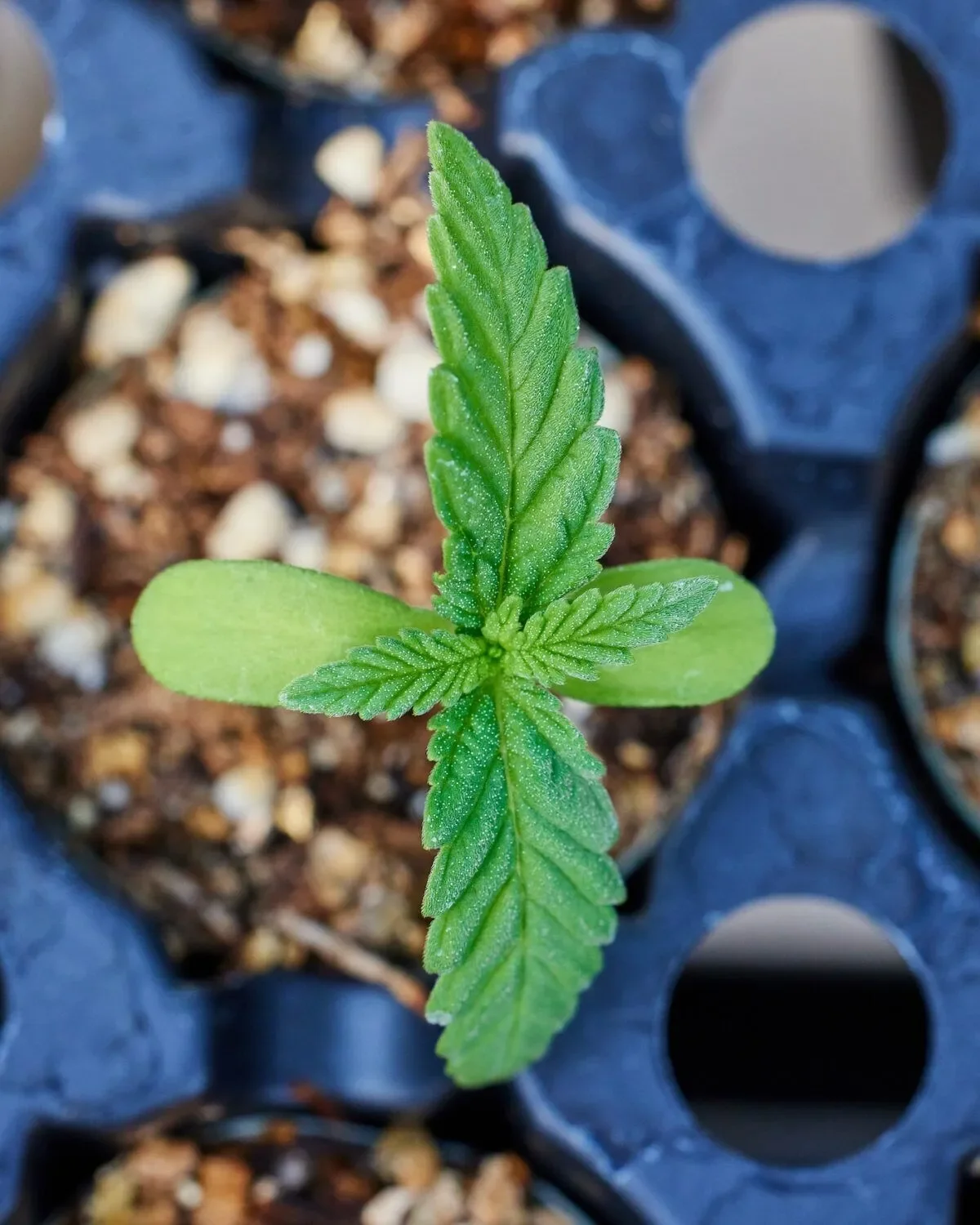“My patients need that THC; they don’t really get a lot of benefit from CBD-only products,” says Bryan Krumm, a psychiatric nurse practitioner who currently works with about one thousand PTSD patients in New Mexico.
He has seen whole-plant cannabis heal all types of patients throughout 25 years in the psychiatry field. He has seen it relieve struggles with PTSD (including his own), as well as other psychiatric woes such as depression and addiction.
“There’s nothing wrong with that psychoactive effect,” he says. “People opposed to cannabis complain that this is a euphoriant and that it makes you high. But that’s what we do in psychiatry. We try to induce euphoria, to lift people’s moods. We don’t want people to be down and low and depressed.”
The difference between Krumm and a lot of other psychiatrists is this: he refuses to ever prescribe another pharmaceutical.
His only exception is the FDA-approved Marinol, a synthetic version of THC developed in the 1980s. A lot of cannabis physicians and practitioners frown upon Marinol because of negative studies and because whole-plant cannabis seems to be more therapeutic with its additional 100+ cannabinoids and multitude of terpene profiles.
But Krumm prescribes Marinol to certain patients when they travel out-of-state to places where cannabis remains prohibited. And some of his patients, contrary to what the studies tell us, actually prefer it to whole-plant medication.
By talking and listening to so many patients, Krumm has discovered that a lot of the studies out there are inaccurate.
In general, the term “high” is supposed to have good connotations, Krumm says.
“If you do the right thing morally and ethically, you’re said to be taking the high road. When we want to get smarter we pursue higher education. We set out to improve ourselves and lift ourselves, and we try to raise ourselves up out of poverty.”
But, like with so many other things applied to cannabis, the idea of getting high immediately gets a negative connotation, he says. “We need to change our understanding and reclaim that term as something positive – which is what it’s supposed to be.”......
Another expert I talked to, Sebastian Marincolo – a cannabis philosopher and writer who has been researching the herb for 10 years now – likes the difference between high and stoned. “When we say stoned we think of that couch-lock state of mind where you’re sedated, not thinking clearly – and for some people this is the desired effect,” he says.
“But the ‘high’ is something else,” Marincolo continues. “It is more euphoric and energetic – a different state of mind which comes with systematic changes in cognition and perception. And most people underestimate all of this and they don’t understand the full bouquet of changes.”
Where a lot of people view the psychoactive element as the adverse side effect of marijuana, Marincolo has methodically explored and laid out what he calls the bouquet of cognitive effects offered by the plant.
In Marincolo’s new book What Hashish Did To Walter Benjamin, he writes about many of these cognitive effects:
- Hyper focusing
- Episodic memory retrieval
- Pattern recognition
- Enhanced imagination
- Increased empathy
- Associative & lateral thinking
- Deeper introspection
“It doesn’t really give you a total enhancement of cognition, but there are a bunch of possibilities,” Marincolo says. “No matter what you do, you always have some functions enhanced and some that get worse.”
Read the whole article at GreenFlower Media HERE.





